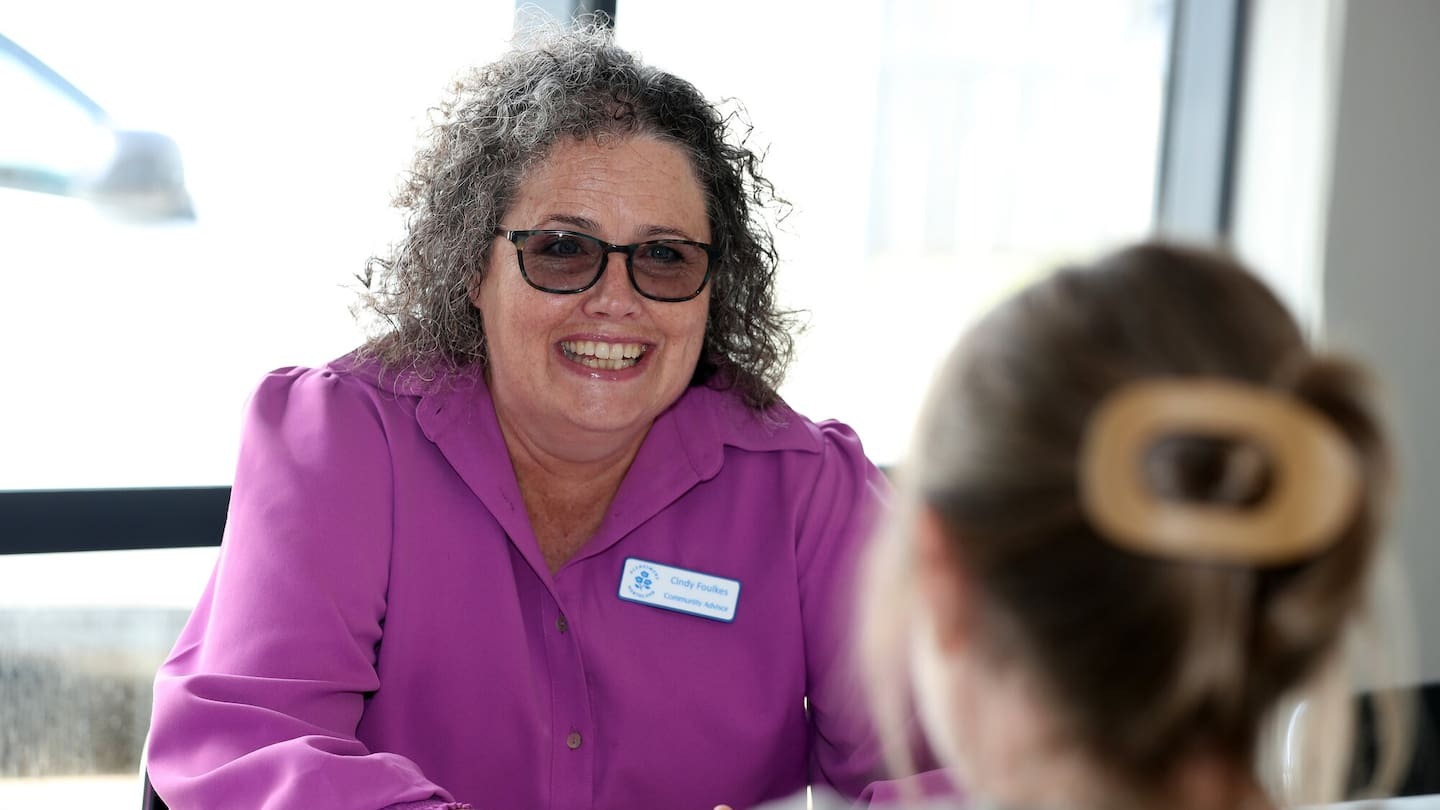Health
Stigma and Fear Delay Early Diagnosis of Dementia in New Zealand

Dementia is increasingly affecting the population in New Zealand, yet many individuals hesitate to discuss the condition openly. In an effort to address this issue, the Northern Advocate has published a series of articles shedding light on the challenges posed by Alzheimer’s disease and other types of dementia, particularly in Northland. This focus includes early warning signs and available support for those in the initial stages of the disease.
Cindy Faulkes, lead community adviser at Dementia Tai Tokerau, highlights how the public battle of actor Bruce Willis with dementia has played a significant role in reducing stigma, particularly among men. The struggles faced by prominent rugby figures like Carl Hayman have also contributed to this shift. “There’s still a fair amount of stigma out there—people don’t want to get dementia or ‘go doolally’,” Faulkes states. Public figures sharing their experiences has encouraged more open discussions about dementia.
Historically, dementia has been underdiagnosed in New Zealand, but the precise extent of this issue is now being investigated. The Impact of Dementia mate wareware and Solutions for Equity in Aotearoa (Idea project) is currently analyzing data from diverse groups, including Pākehā, Chinese, and Indian individuals over the age of 65 in Auckland and Christchurch. As part of this three-year study, over 1,000 interviews have revealed that more than 100 participants exhibit symptoms of dementia, according to Professor Ngaire Kerse, a director at the University of Auckland’s Centre for Co-Created Ageing Research. Alarmingly, between one-third and one-half of those identified have not received a formal diagnosis or the necessary support.
The underdiagnosis of dementia can be attributed to multiple factors, as explained by Professor Kerse. “Maybe they aren’t aware that there’s an issue. Maybe they’ve experienced significant stigma, or their families wanted to protect their loved ones from the stigma,” she notes. Additionally, some individuals may feel they are managing adequately, despite the potential for decline. Faulkes concurs, stating that fear and stigma often prevent people from seeking a diagnosis for themselves or their loved ones.
Diagnosing dementia remains a challenge for general practitioners, as they must exclude other possible causes of memory issues, such as delirium from infections. Faulkes mentions the difficulty in encouraging individuals to seek medical advice, especially when family members recognize the symptoms but the person in question is resistant. She advises family members to suggest a general health check-up or a “warrant of fitness” test to encourage their loved ones to see a doctor.
Obtaining an early diagnosis is crucial, according to Faulkes. An early diagnosis empowers patients to take charge of their care and make decisions such as establishing an enduring power of attorney. It also enables caregivers and spouses to access necessary support. Contrary to widespread fears of being institutionalized, Faulkes reassures that the current approach is to keep individuals at home for as long as possible due to both preference and limited availability of care home facilities.
Support options may include medication and participation in day programs, such as those offered by Dementia Tai Tokerau at Alz House in Tikipunga. In-home assistance is also available for daily tasks, such as medication management, meal preparation, and personal care. For anyone concerned about showing signs of dementia, the recommendation is to consult a general practitioner or primary health care provider for a comprehensive assessment.
The fear surrounding dementia remains prevalent, but increased awareness through public figures and community support initiatives aims to break down barriers. Faulkes emphasizes the importance of addressing these issues early, stating, “It makes it really difficult to plan for good health ahead.” By confronting the stigma and encouraging conversations, New Zealand can take significant steps toward improving outcomes for those affected by dementia.
-

 World3 months ago
World3 months agoTest Your Knowledge: Take the Herald’s Afternoon Quiz Today
-

 Sports3 months ago
Sports3 months agoPM Faces Backlash from Fans During Netball Trophy Ceremony
-

 Lifestyle3 months ago
Lifestyle3 months agoDunedin Designers Win Top Award at Hokonui Fashion Event
-

 Sports3 months ago
Sports3 months agoLiam Lawson Launches New Era for Racing Bulls with Strong Start
-

 Lifestyle3 months ago
Lifestyle3 months agoDisney Fan Reveals Dress Code Tips for Park Visitors
-

 World3 months ago
World3 months agoCoalition Forms to Preserve Māori Wards in Hawke’s Bay
-

 Health3 months ago
Health3 months agoWalking Faster Offers Major Health Benefits for Older Adults
-

 Politics3 months ago
Politics3 months agoScots Rally with Humor and Music to Protest Trump’s Visit
-

 Top Stories3 months ago
Top Stories3 months agoUK and India Finalize Trade Deal to Boost Economic Ties
-

 World3 months ago
World3 months agoHuntly Begins Water Pipe Flushing to Resolve Brown Water Issue
-

 Entertainment3 months ago
Entertainment3 months agoExperience the Excitement of ‘Chief of War’ in Oʻahu
-

 Science3 months ago
Science3 months agoNew Interactive Map Reveals Wairarapa Valley’s Geological Secrets








